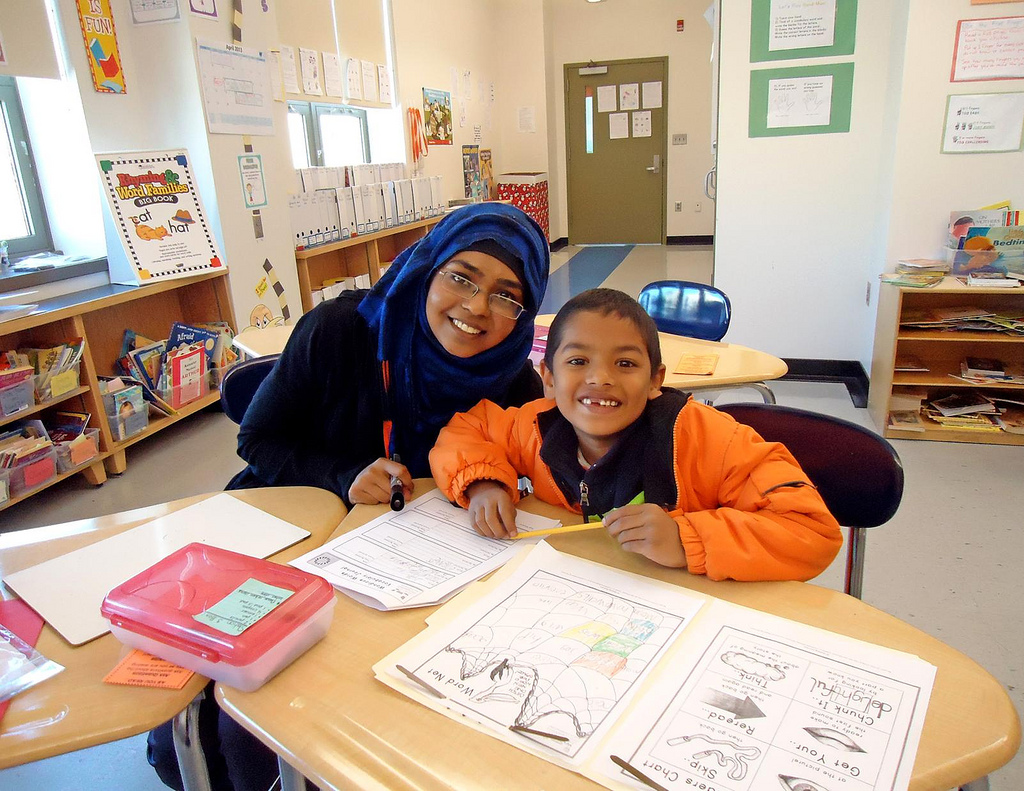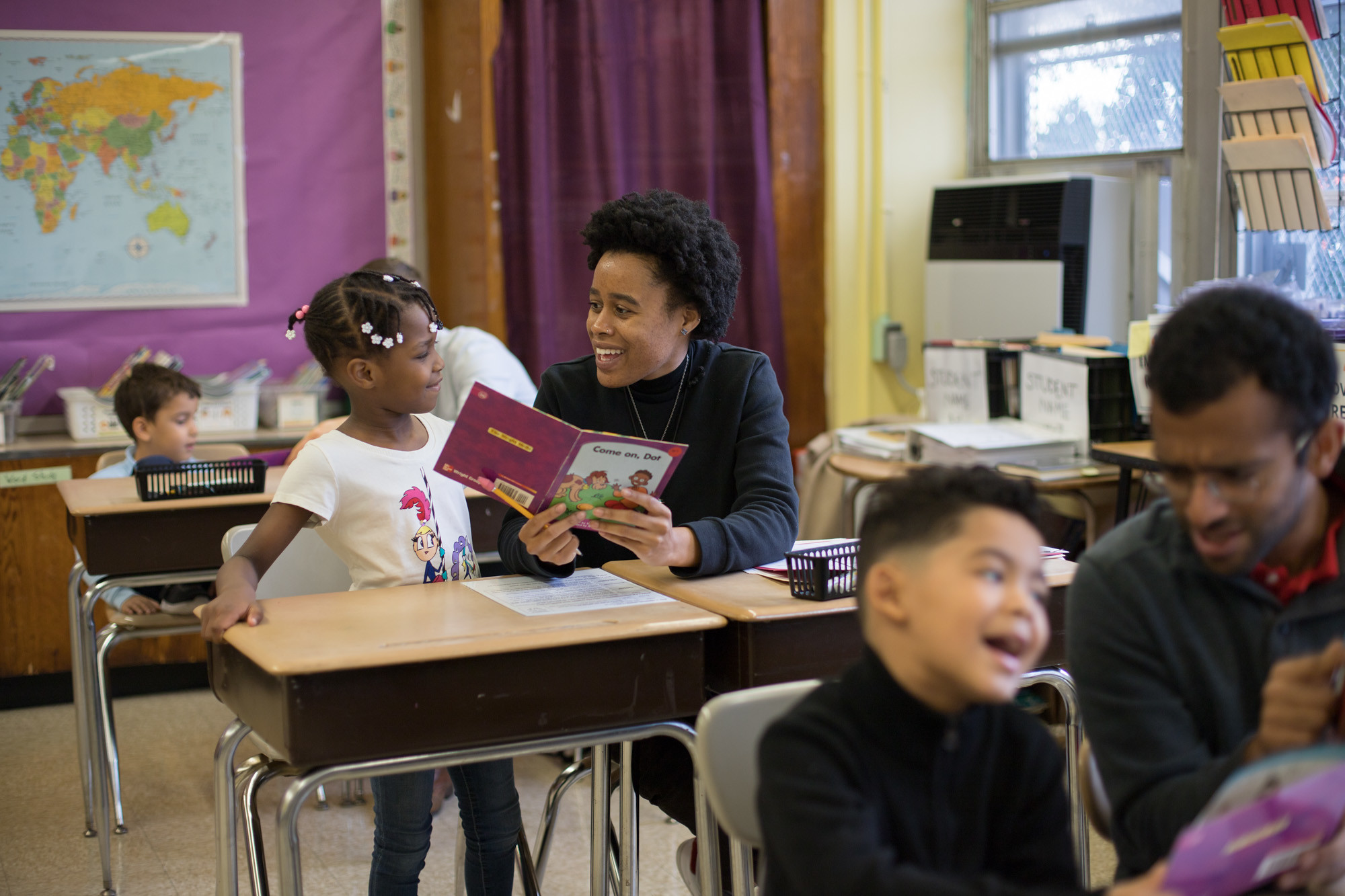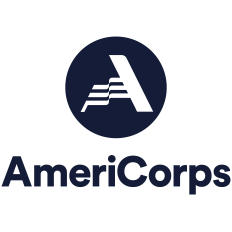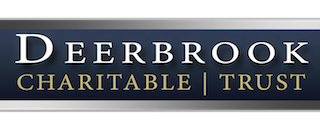June 11, 2014
Study shows that Reading Partners program boosts reading proficiency
 Francisco was devastated. A new school year was beginning, but he wouldn’t be advancing to the next grade with his friends. “Before Reading Partners, I felt sad because I had to start second grade again,” said Francisco.
Francisco was devastated. A new school year was beginning, but he wouldn’t be advancing to the next grade with his friends. “Before Reading Partners, I felt sad because I had to start second grade again,” said Francisco.
Working closely with his teachers, Reading Partners paired Francisco with Karen, an avid reader and writer who became a volunteer tutor in 2012. Each week, Karen and Francisco worked on building his literacy skills and as the year progressed, Francisco fell in love with reading and his reading skills became stronger.
After a year of working with Karen, Francisco was reading at grade level and ready for the third grade. “In our year together, Francisco didn’t just learn to enjoy reading, he learned he could try something difficult and succeed at it,” said Karen.
Like Francisco, many students across the country struggle with reading. But, encouraging findings released today by research firm, MDRC, show significant gains made by students who participated in Reading Partners’ program. Students who received one-on-one tutoring by community volunteers twice a week for 45 minutes each session, gained additional literacy growth over a control group of students who also received supplemental reading services.
These findings are a beacon of hope in a nation where two out of three fourth-graders are reading below grade level, and almost one-third of children lack even basic reading skills. Children who struggle with reading in elementary school are at high risk of academic failure, high school dropout, and other negative outcomes.
What Did MDRC’s Study Find?
MDRC conducted a rigorous random assignment study of Reading Partners in 19 schools in three states, involving more than 1,200 second to fifth graders. Key findings include:
-
Despite the challenges inherent in operating a program whose direct service providers are volunteers, Reading Partners was implemented in the schools with a high degree of fidelity.
-
Reading Partners had a positive and statistically significant impact on all three measures of student reading proficiency examined — reading comprehension, reading fluency, and sight-word reading.
-
Reading Partners program was effective for a wide variety of students — from different grade or baseline reading achievement levels, male and female students, and for those who are not native English speakers.
Click here to read the full report >>
Read more in Ed Week’s article: New Research Points to Success of Reading Partners Program
Read more on the CNCS Blog: New Research Shows Success of Tutoring Program












